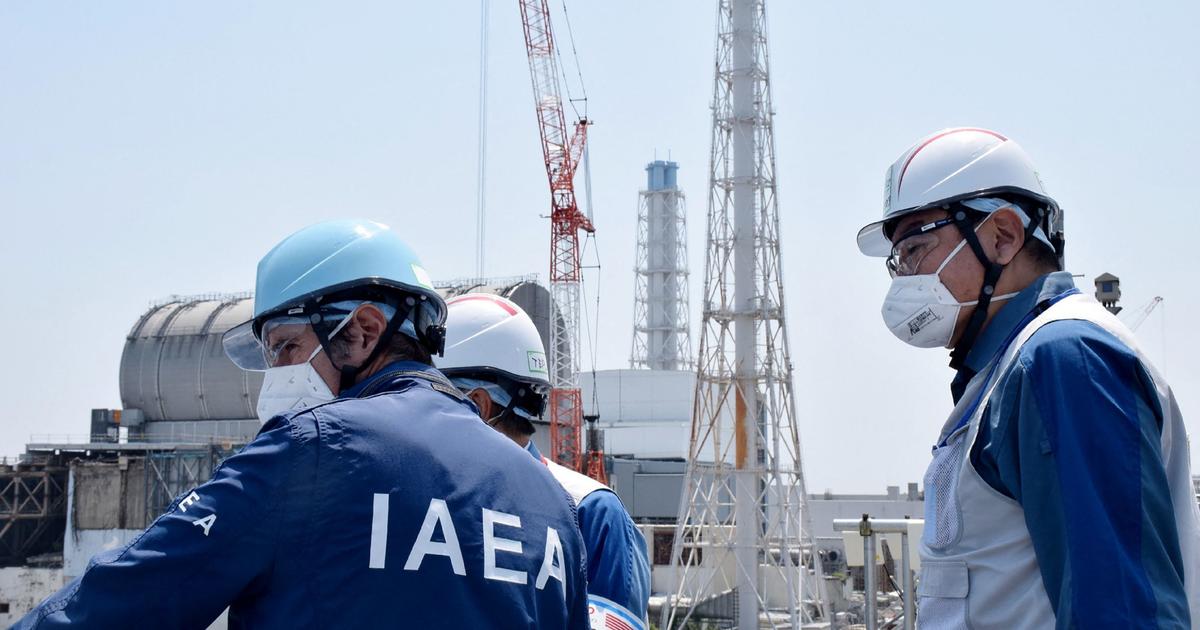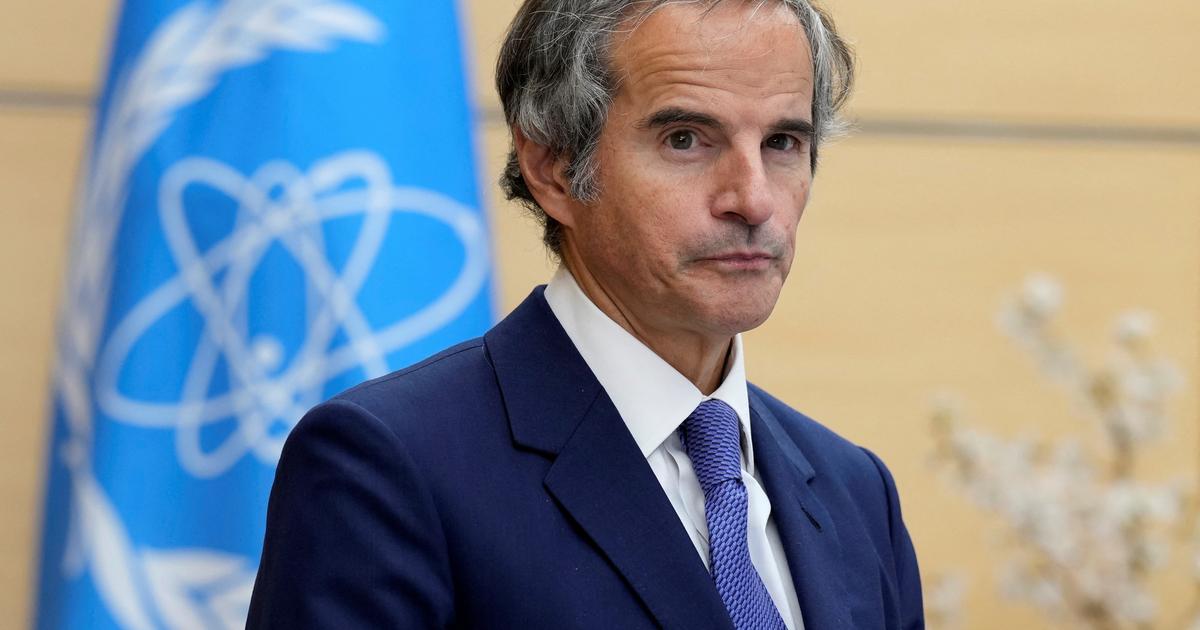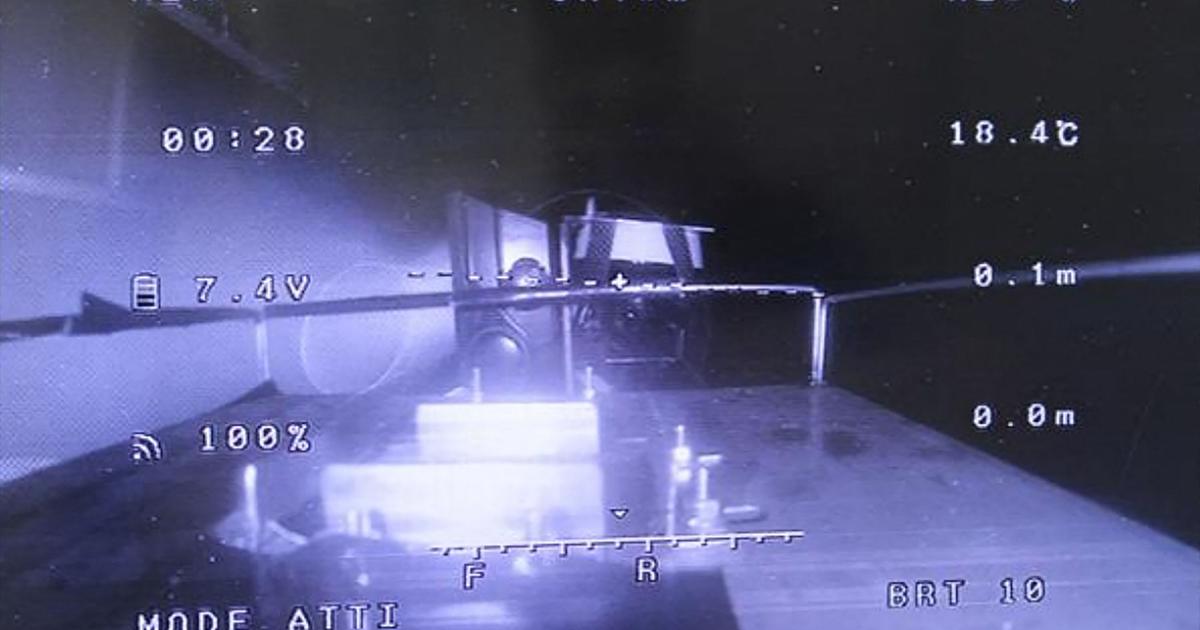“
Remarkable progress
” has been made in the dismantling of the Japanese nuclear power plant in Fukushima damaged in 2011 by a tsunami, estimated Thursday the director of the International Atomic Energy Agency (IAEA), Rafael Grossi, after a visit on the spot.
In order to control the work carried out, "
we are going to be here before, during and after the process
" of destructuring these installations which should last decades and has encountered various difficulties, in particular the accumulation of contaminated water, he said. he declares.
"
We're in the front and it's going well
," said Rafael Grossi, who is on a two-day trip to Japan, saying to himself "
really impressed with the remarkable progress that, despite the pandemic, has been made in the past two years
.”
To discover
Taxes 2022: all about your tax return
Read alsoJapan commemorates the 11th anniversary of the tsunami and the Fukushima nuclear disaster
On March 11, 2011, an underwater earthquake off the eastern coast of Japan triggered a tidal wave that overwhelmed the cooling systems of several reactors at the Fukushima Daiichi power plant and caused the world's worst nuclear accident ever. since the one that occurred in April 1986 in Chernobyl, Ukraine.
In particular, meticulous work will have to be done in the future to extract the fuel that has melted from the damaged reactors.
In the shorter term, more than one million tonnes of water currently stored in huge reservoirs must be removed from the site.
The Japanese government has approved a plan to discharge this water into the ocean after treating it to, in particular, eliminate almost all the radionuclides it contains.
This process received the green light from the IAEA, a UN agency, and, this week, from the Nuclear Regulatory Authority of Japan.
In a tweeted video message from Fukushima, Rafael Grossi insisted that the discharge of this water would be "
in full compliance with international standards and therefore would not cause any harm to the environment
".
But the plan has sparked concern from local fishing communities concerned about the reputation of their catches, and criticism from China and South Korea.
Read alsoNuclear: the IAEA increases its forecasts for the first time since Fukushima
The 2011 disaster in northeast Japan left around 18,500 people dead or missing, with most of those people dying in the tsunami itself.
Tens of thousands of residents around the Fukushima plant have been ordered to evacuate their homes or have chosen to do so.
About 12% of the region had officially been declared dangerous, but the prohibited areas now cover only 2.4% of the territory of the prefecture, although the population of many cities remains much lower than it was before the tragedy.






